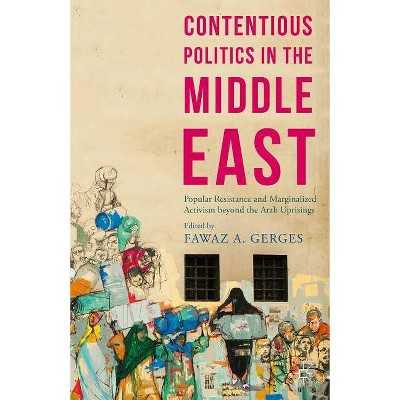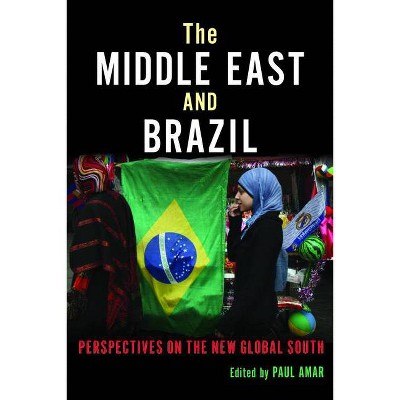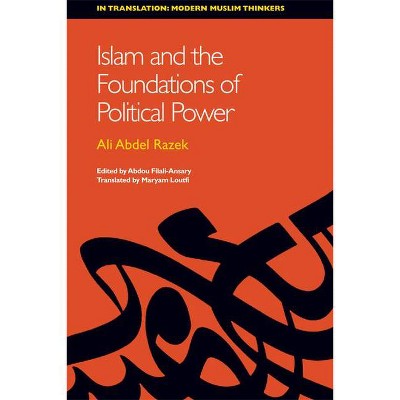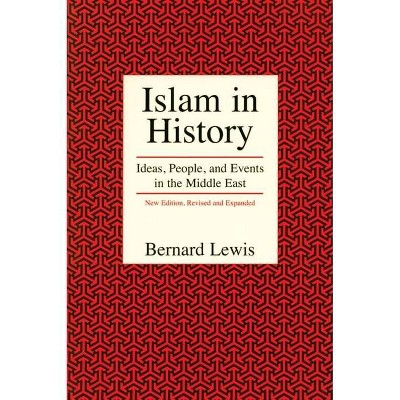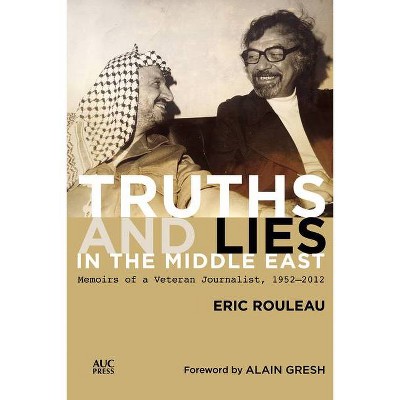Islam and Competing Nationalisms in the Middle East, 1876-1926 - (Modern Muslim World) by Kamal Soleimani (Hardcover)
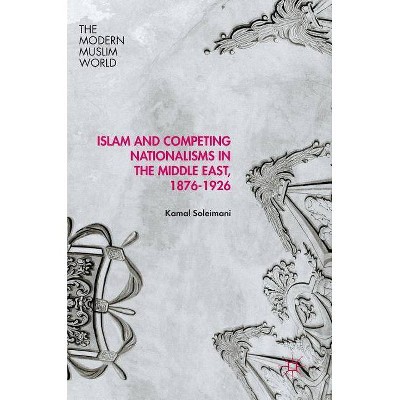
Similar Products
Products of same category from the store
AllProduct info
<p/><br></br><p><b> From the Back Cover </b></p></br></br>Opposing a binary perspective that consolidates ethnicity, religion, and nationalism into separate spheres, this book demonstrates that neither nationalism nor religion can be studied in isolation in the Middle East. Religious interpretation, like other systems of meaning-production, is affected by its historical and political contexts, and the processes of interpretation and religious translation bleed into the institutional discourses and processes of nation-building. This book calls into question the foundational epistemologies of the nation-state by centering on the pivotal and intimate role Islam played in the emergence of the nation-state, showing the entanglements and reciprocities of nationalism and religious thought as they played out in the late nineteenth and early twentieth century Middle East.<br><p/><br></br><p><b> About the Author </b></p></br></br>Kamal Soleimani is a historian of the Modern Middle East and Islamic world. His research interests include Islamic political history and Arab, Kurdish, Persian and Turkish nationalism. He received his PhD from Columbia University in New York, USA. He has taught at Turkish and US universities.<br>
Price History
Price Archive shows prices from various stores, lets you see history and find the cheapest. There is no actual sale on the website. For all support, inquiry and suggestion messagescommunication@pricearchive.us
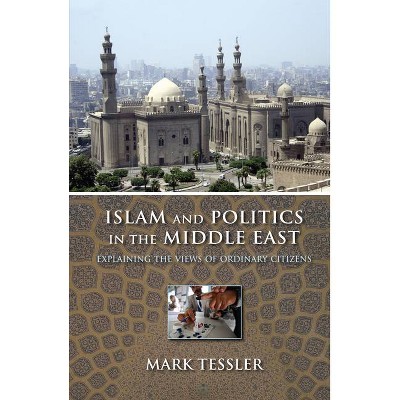
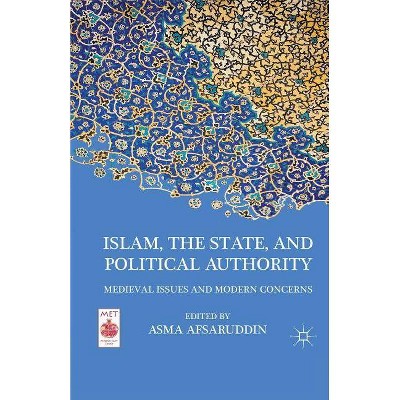
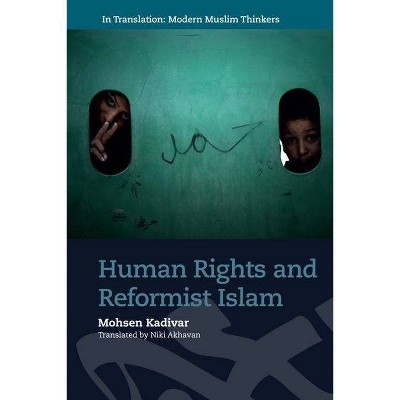
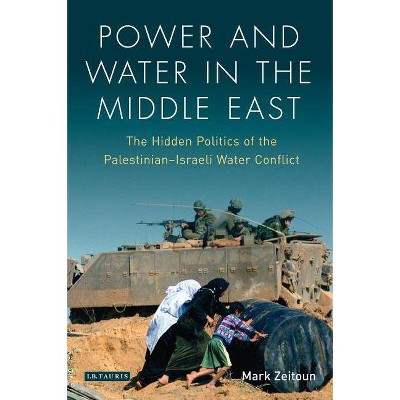
![Blood and Oil: The Middle East in World War I [DVD] [2006]](https://pisces.bbystatic.com/image2/BestBuy_US/images/products/1526/15265829_so.jpg)
